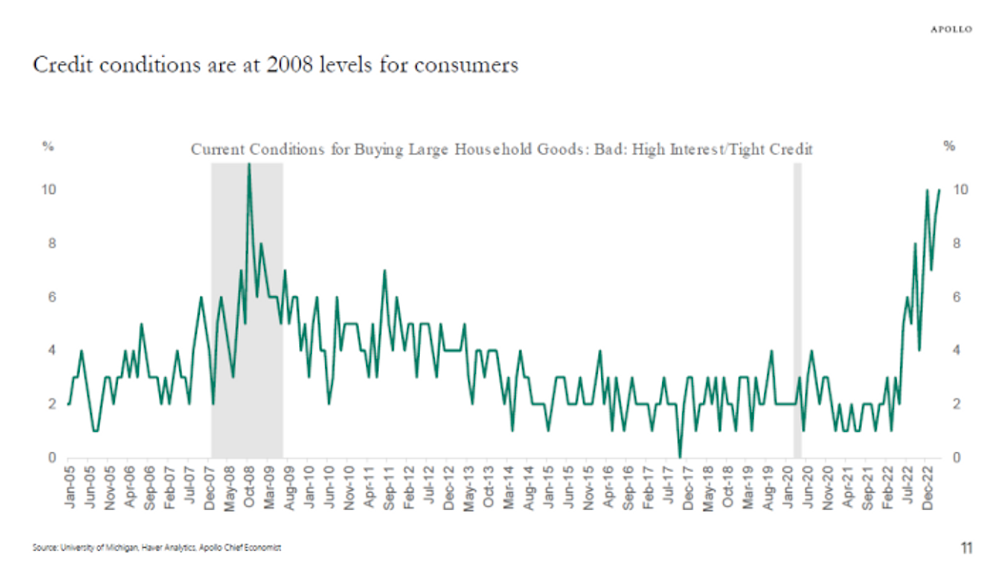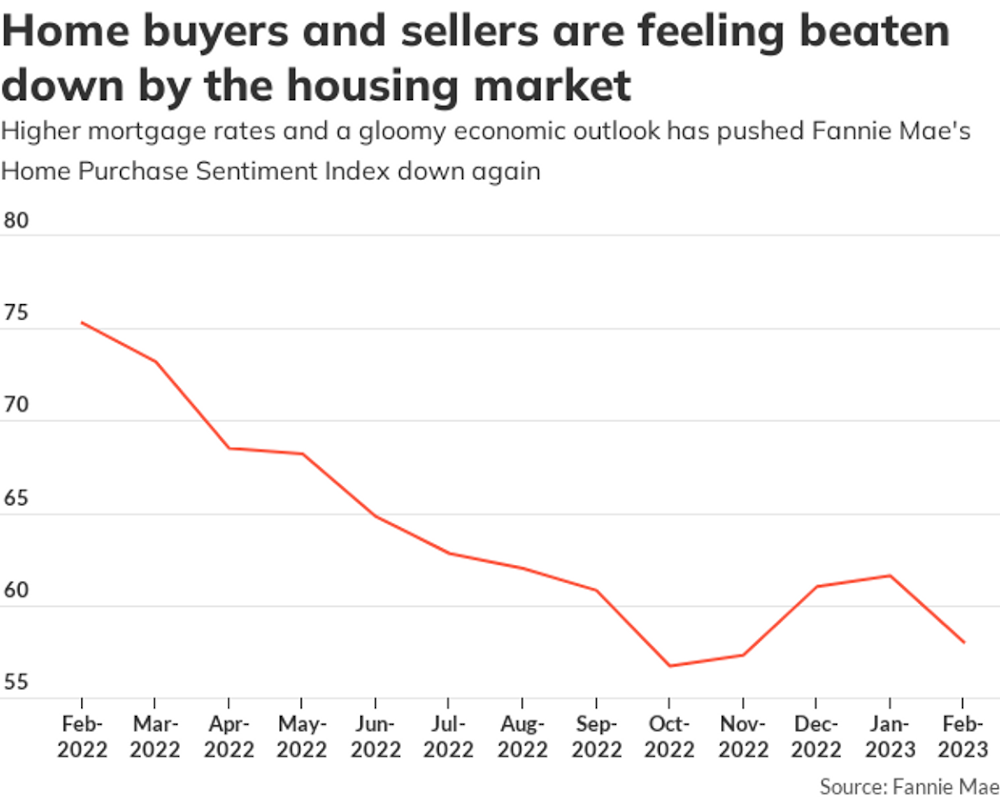WASHINGTON (MarketWatch)
One of the leading hawks on the
Federal Reserve slammed the central bank’s new asset purchase program on
Tuesday, saying that it wasn’t necessary, wouldn’t work and is risky
“We are unlikely to see much benefit to growth or employment from further
asset purchases,” said Charles Plosser, the president of the Philadelphia Fed
Bank, in a speech to financial market trade groups in Philadelphia Plosser’s comments are not necessarily a surprise because he is one of the leading hawks on the Fed who have opposed Fed Chief Ben Bernanke’s unconventional monetary policy
But they throw cold water on the notion that Bernanke has created a broad new consensus among his Fed colleagues
Earlier this month, the Fed voted to start a third round of asset purchases - an open-ended program of $40 billion per month of mortgage-backed securities
The program is designed to lower long-term interest rates, spur demand, and lower the unemployment rate
But Plosser said the purchases “are unlikely to be effective in the current environment.”
He said that the “frictions and structural adjustments” that are holding back improvements in labor markets cannot be cured by monetary policy
Businesses are worried about fiscal issues and households are trying to repair their balance sheets, so there is little the Fed can do, he said
Plosser said the Fed must guard against a loss of its inflation-fighting credibility
He said the Fed is likely to need to raise short-term interest rates “well before” the current guidance of mid-2015 to keep from causing greater expectation among investors of higher inflation
He presented a sharp critique of the Fed’s decision earlier this month to launch a third round of asset purchases, known colloquially as QE3
Plosser said the Fed’s exit strategy has been made even more complicated and risky by QE3




















No hay comentarios:
Publicar un comentario